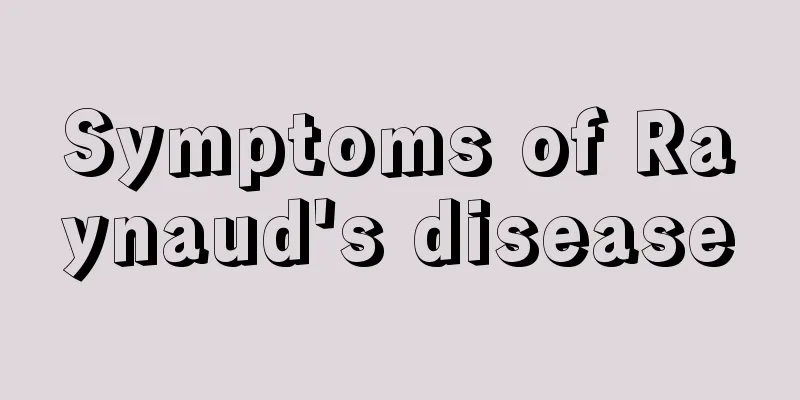Four principles of advanced care for glioma patients

|
For patients with advanced glioma, they are under tremendous mental, psychological and physical pressure, which seriously affects their lives. Therefore, it is very important to do a good job of nursing for patients with advanced glioma for their recovery. So what are the four principles of nursing for patients with advanced glioma? The following editor will answer for you. 1. Nursing Principle 1 for Patients with Advanced Glioma: Strengthening Limb Function Recovery For patients with advanced brain glioma, the tumor may compress the nerves, causing hemiplegia and bed rest. Family members should assist with passive limb function exercises. Active activities, such as standing exercises, are encouraged after recovery. Start standing with support, such as leaning against a wall, holding a cane, etc. At the same time, guide sit-stand exercises and stair climbing exercises to improve lower limb muscle strength. As the condition improves, gradually transition from standing without support to walking. Active exercises are mainly performed on the joints of the affected upper limb, strengthening the activities of the metacarpophalangeal joints and thumb opposition exercises to promote smooth recovery of hand function. 2. Principle 2 of nursing care for advanced glioma: Pay attention to mental health Patients with advanced glioma often suffer from hemiplegia and loss of behavioral ability. As they have lost the ability to live independently, patients have many concerns about their personal life, marriage, work, and future. Therefore, family members should care for, comfort, and encourage patients, so that they can correctly treat the disease, future life and work, build confidence in the future, give full play to the subjective initiative of patients, and cooperate with various advanced glioma rehabilitation treatment and nursing work with strong perseverance. Principle 3 of nursing care for advanced glioma: immune system function is most important Patients with advanced brain gliomas, due to long-term damage by cancer cells, often become emaciated, their physiological functions decline or even disappear, and their immune system becomes dysfunctional, which increases the burden on the body and the chance of contracting other diseases. By improving the immune system function of patients with advanced brain gliomas, we can enhance the ability of immune cells to resist cancer cell damage, which can reduce cancer pain on the one hand, and strengthen immunity and the body's ability to resist damage from external substances on the other hand, reducing the chance of patients contracting diseases. Principle 4 of nursing care for advanced glioma: Controlling the disease is fundamental Patients with advanced gliomas often experience the spread and metastasis of cancer cells. If these metastatic lesions are not controlled in time, they will grow rapidly and form tumors in new locations. In addition, patients with advanced gliomas have disordered immune functions and are unable to resist the invasion of cancer cells on normal cells, which increases the pain of the patients and allows cancer cells to spread and metastasize unimpeded, accelerating the deterioration of the disease. Therefore, for the care of advanced gliomas, controlling the disease is fundamental. |
<<: What is the best way to care for glioma
Recommend
How does traditional Chinese medicine treat melanoma?
As one of the four great quintessences of Chinese...
How to adjust the spicy and sour taste?
Hot and sour foods are usually very popular, espe...
What is hot perfusion liver cancer
Hyperthermic perfusion for liver cancer, hyperthe...
How much do you know about the effects and functions of loofah?
Nowadays, people are increasingly advocating trad...
Lung cancer should be treated early
The clinical manifestations of lung cancer are di...
Introducing several effective ways to prevent rectal cancer
In life, people should take preventive measures a...
Can I take folic acid even if I am not pregnant?
Everyone must be familiar with folic acid. Perhap...
Three major salivary glands
The three major salivary glands located around th...
10-minute brain training
It is said that the more you use your brain, the ...
What causes roseola?
Herpes is a viral infection that mainly occurs on...
What is the effect of Shenxiong Glucose
What are the functions of Shenxiong Glucose? Many...
What is the reason for occasional bedwetting at the age of 20?
It is very common for children to wet the bed, bu...
Abscess in groin
Folliculitis is a type of pus-filled swelling on ...
What tests can detect early liver cancer
With today's medical conditions, early-stage ...
Is it normal to have a decrease in fetal movement during the due date?
In the middle and late stages of pregnancy, when ...









